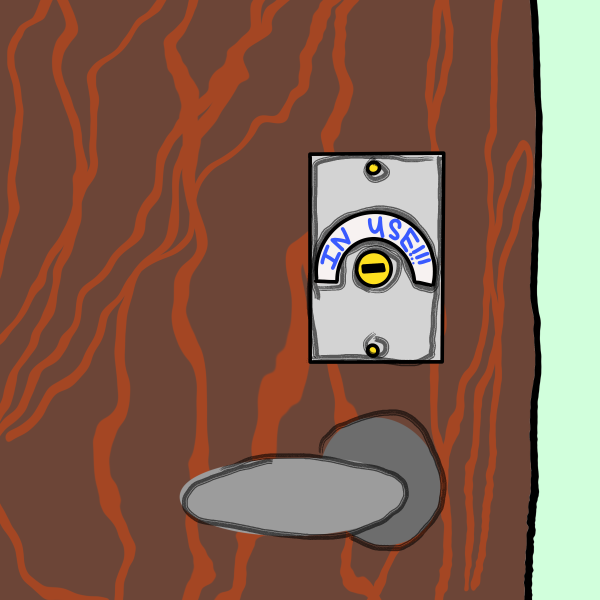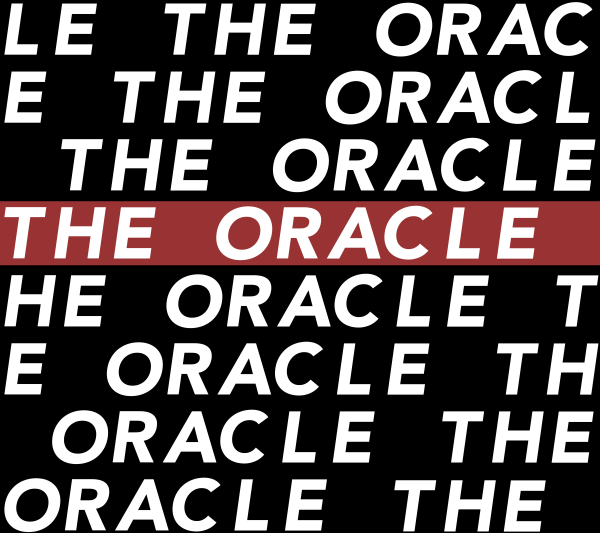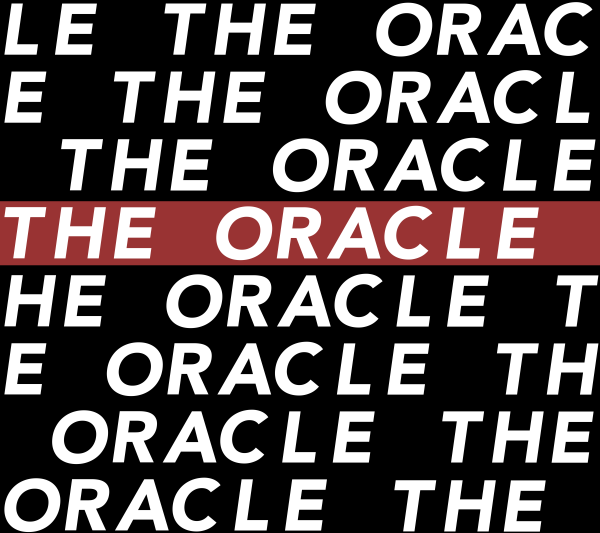A spooky read for snowfalls
Thomas Ligotti imbues the waking hours with despair and chilling philosophical horror.
December 14, 2016
A student wakes at six every morning to hit the gym and shower by 7:30 a.m. She attends classes from eight until some point in the mid-afternoon, after which she works until six in the evening. She is a marketing intern, or a barista or maybe a math tutor—whatever satiates her growing billing statements. But she works until dinner time and makes a point of being minimally productive thereafter, as she is fatigued after a long day. She has a glass of wine before bed every Monday, which she considers a small act of bravery. The student keeps this routine for some years, five days a week, never questioning the ebb and flow that feels only natural to her.
Perhaps on one Monday night, gazing into her bathroom mirror half-drunk, she sees something in her reflection she has not noticed before. A realization chills her in a brief moment, so fleeting she can hardly name its feeling or be sure it happened at all. In that moment she becomes aware of her place in a vast cosmic ocean of dust and matter. She cannot distinguish where matter ends and she begins. Her familiar routine becomes suffocating. She sees a stranger in the mirror.
The student’s uncanny feeling is a response to the innately supernatural qualities of life that originate from an absence of meaning. This feeling is symptomatic of experiencing consciousness, and it is the very chord writer Thomas Ligotti aims to strike in “The Conspiracy Against the Human Race.”
Ligotti is a contemporary writer of speculative fiction, and by many critical accounts he is one of the finest horror writers of the day. “Conspiracy,” his first nonfiction work, is a bloodcurdling examination of the human condition. Its aim is to terrify the reader through straightforward elaboration on the pessimism espoused by Friedrich Nietzsche, Arthur Schopenhauer and many others, with scary results. It is a work of horror far afield from its true-crime counterparts, taking a cue from the supernatural dread of H.P. Lovecraft’s stories.
For his efforts in “The Conspiracy Against the Human Race,” Ligotti was nominated for the 2010 Bram Stoker Award for Superior Achievement in Nonfiction. Despite the distinction, Ligotti remains something of a cult literary figure, though his work made a brief flash in mainstream media through its heavy influence on the philosophical themes of the HBO show “True Detective.” Reader be warned: his writing possesses none of the antics of Stephen King’s books.
“As history confirms, people will change their minds about almost anything,” Ligotti writes, “from which god they worship to how they style their hair. But when it comes to existential judgments, human beings in general have an unfalteringly good opinion of themselves and their condition in this world and are steadfastly confident they are not a collection of self-conscious nothings.”
Indeed. In “Conspiracy,” consciousness itself is the Lovecraftian horror. Ligotti does not seek to comfort—only terrify. He possesses none of Nietzsche’s optimistic belief in a bright new age after nihilism, nor does he purport a way to break the cycle of living, as with Buddhism or Hinduism. The reader buys the dark nihilism he is selling by virtue of his pithy turns of phrase. The titular conspiracy, Ligotti claims, is to be born to die.
“This is the tragedy: Consciousness has forced us into the paradoxical position of striving to be unself-conscious of what we are—hunks of spoiling flesh on disintegrating bones.”
Perhaps, but no depressive slog could be tolerable without a modicum of humor. To compensate, Ligotti imbues “Conspiracy” with a characteristic bone-dry sense of humor underlying his perpetual despair.
“One must take into account the shocking fact that we live on a world that spins,” Ligotti states. “After considering this truth, nothing should come as a surprise.”
Though dreary in face, “Conspiracy” is a fun rabbit hole for the ambitious reader who seeks to challenge his or her senses. Fans of Poe and Lovecraft would be doing themselves a terrible disservice by not seeking it out. The book is of an ilk of dangerous works that some timid librarians would rather censor, and love it or hate it, it will undoubtedly expand one’s philosophical purview. For this, I cannot recommend it highly enough.





